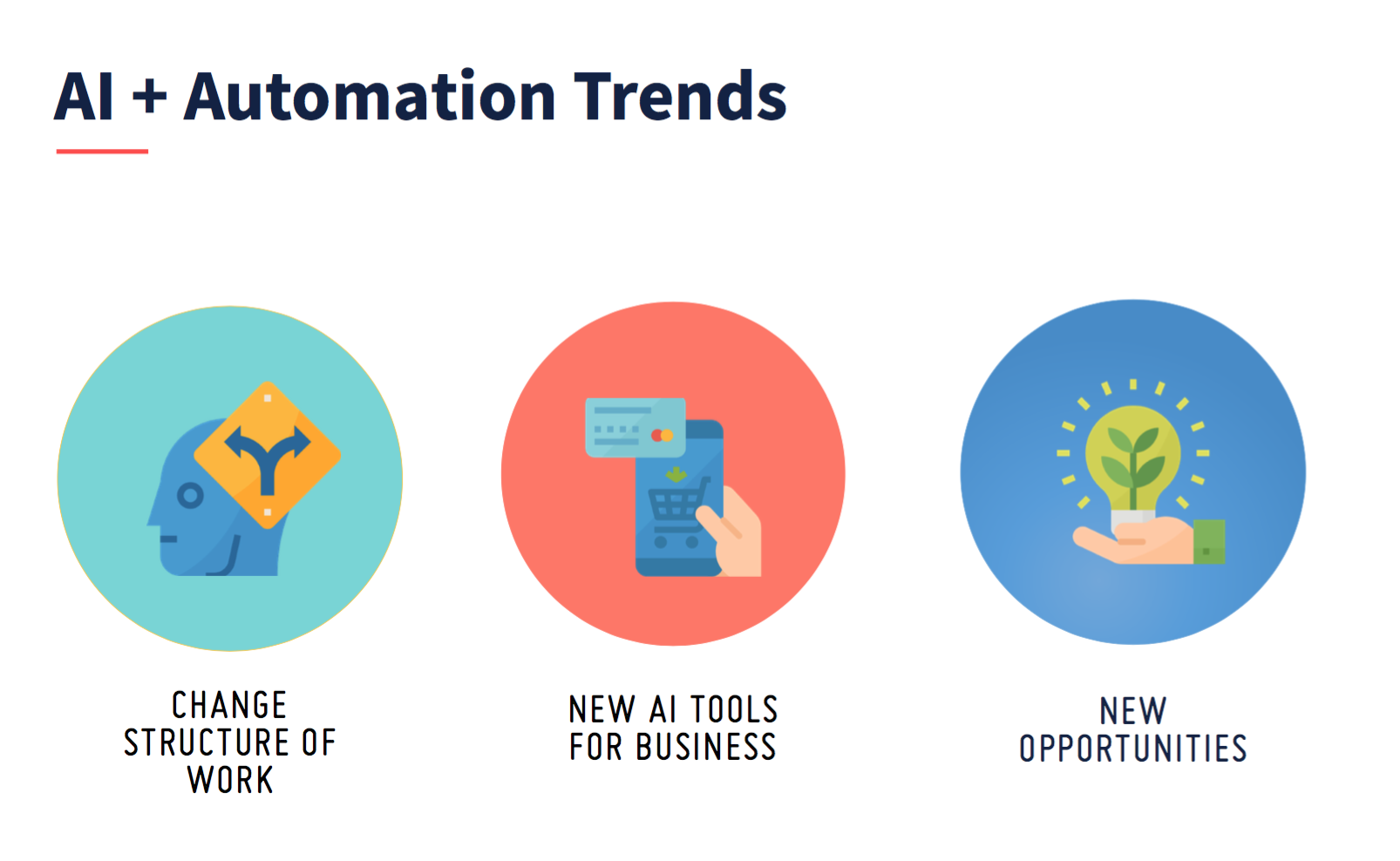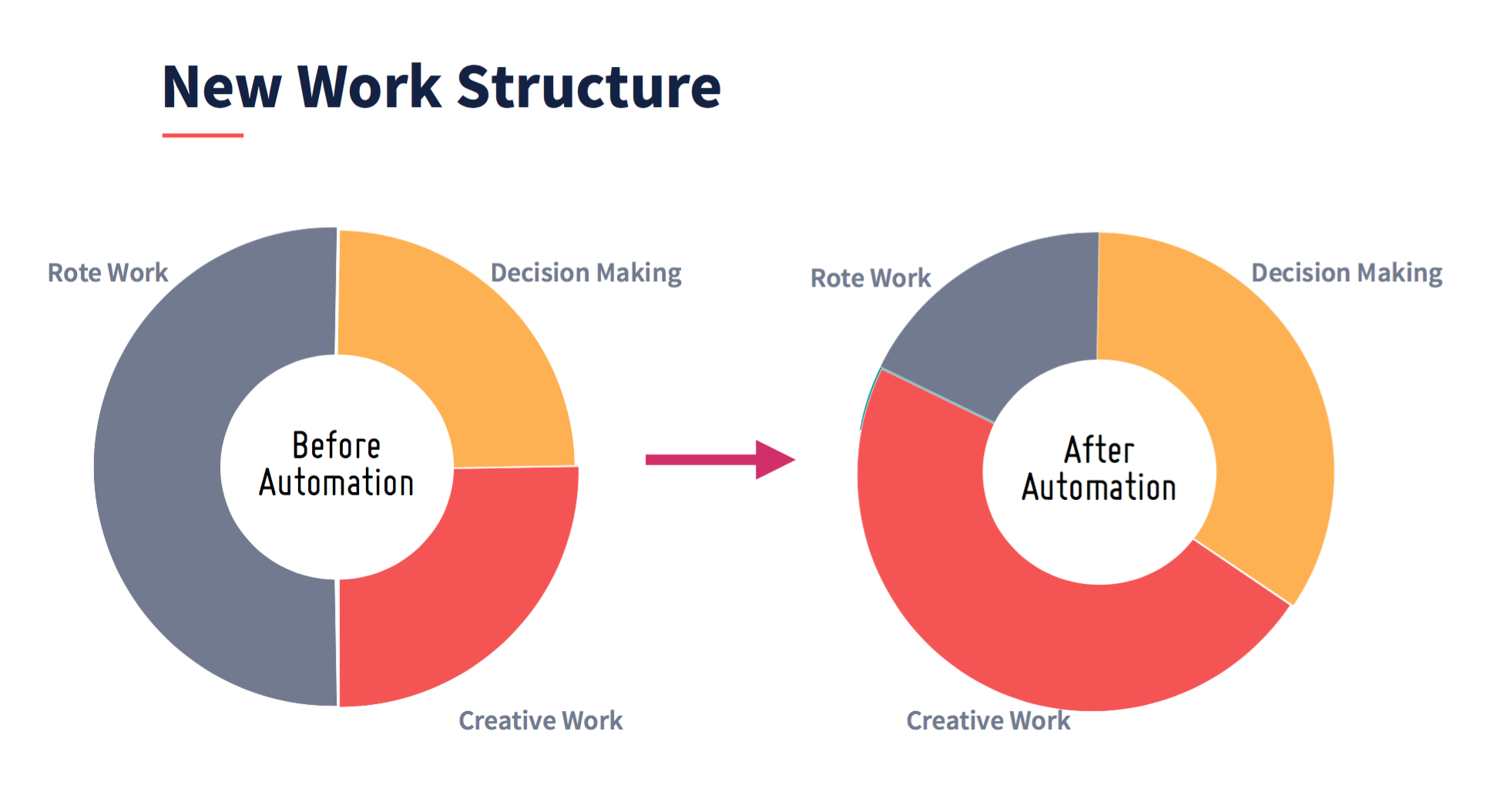You might be wondering about how big your company needs to be in order to justify making its first AI hire or embarking on an AI project. How far along in the preparation for AI does the company need to be? To answer that question, I want to step back a bit.
A lot of people have heard that AI is the coolest. You hear so many things. Everybody talks about AI right now. They don't want to be left behind. But the first thing you should ask yourself is this:
"Should I even consider AI?"
Ask yourself that question and get straight on your answer before you do anything related to AI. AI is expensive and time-consuming, and if you do not properly prepare for it then attempting to run an AI project will just result in lost time and money. However, if you are ready and you incorporate it, then your business can be unstoppable.

Here are some sub-questions that can help you dive deeper into whether you and your company are ready to consider AI:
Your company is in it for the long term
Do you want to change? As a company, do you want to change, evolve, and grow over time? With some companies I have worked with in the past, I just found out at a certain point that they don't want to change.
Why would you not want to change? One past client I found out after many months that she planned to exit out of her company within two years and sell it. AI is a long-term strategy and investment. So, you must ask yourself if you actually have a short term destination that you need to get to, and whether that short term destination is compatible with AI.
Some businesses are a passion project of the owner, and in actuality the plan (whether spoken or unspoken) is that the company is tied to the owners, and when the owner dies or quits, the company will just fold. Companies that aren't in it for the long haul should not bother with AI.
You have a relatively complex, customer facing business
Does your business have an interface with the customer? If not, if your company is just B2B, for example, you might actually have no need for AI. Similarly, if you have a really slow-moving business—that's quite rare nowadays, but if you do, AI is probably not a good solution for your problem.
AI is overkill for simple problems. If you are certain of exactly what you need to be done and your business rules are quite simple, stay with traditional programming. AI is very good for a business that constantly changes, but if you have a business that rarely changes, you might better off with traditional programming.
You're willing to expand
If it comes to it, are you willing to rebuild your team? Sometimes, in a family businesses, for example, it turns out the kids don't want to be in the business and the owner doesn't feel comfortable hiring somebody from the outside.
Even if it is not a family affair, some businesses just like the team they have and don't want to hire somebody else. But you might need to. You will probably need to bring on new hires with new skill sets as well as new attitudes. Are you willing and able to expand in this way?

You are unattached to external restrictions
Is your company committed in a long-term agreement that could get in the way? In other words, can your company change, create a brand new company, if you need to? We don't know what the future holds. Because of that, I always say that the company of the future is a technology company first, before whatever else it is doing. Your company might need to evolve with the times. You might need to sell a completely different product. That's why you want to hire people who are technologically savvy and well-rounded, so they can roll with you as your company evolves.
Yet, I have worked with some companies that, because of commitments, can't really do that. One company, a supplier of a specific type of screw for aeronautics, is in a 50 year agreement with their customer that says they cannot change their product. A legal company told me they were bound to their existing way of doing things because of legal regulations. If you're in a long term agreement you can't break, there's no point in using AI.
You aren't desperate for money
Are things dire? Do you need quick ROI? Then you need to go a different route. AI takes at least three years, but usually longer, to generate ROI. So, if you need all the ROI within three years, don't even think about AI.
If you pass all these 5 questions, that's when you go to the next step. Think about making your first AI hire, or talking with a consultant about embarking on incorporating AI into your business.